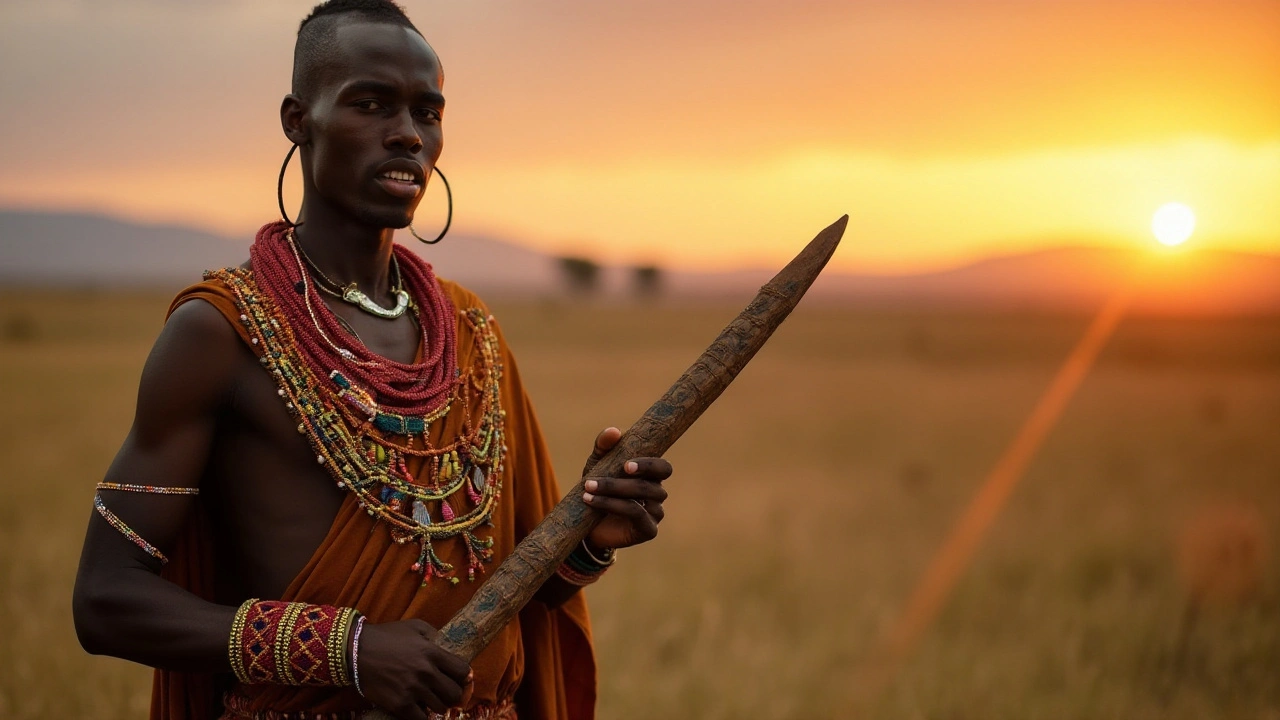African Rituals: Traditional Healing and Massage Practices
African rituals have long been a cornerstone of healing and wellness. Rooted in deep cultural traditions, these practices combine massage, touch, and ceremony to help people feel balanced and whole. Unlike just a quick rub-down, African massages often include rhythmic movements that release tension and improve energy flow throughout the body.
One key part of these rituals is the use of natural oils and herbs. These ingredients aren't just for scent—they have real purposes like easing muscle pain, calming the mind, and softening the skin. The choice of oils varies by region, but you’ll often find a rich blend that supports both physical and emotional health during the session.
How African Massage Works
African massage techniques focus on deep pressure combined with fluid, circular motions. These help break up knots and stimulate circulation, which speeds healing and reduces stress. What makes it unique is the connection made between practitioner and client—not just a physical interaction but a shared moment of healing and respect. This connection can actually build trust and calm the nervous system.
Many who try African ritual massages mention feeling more grounded and energized afterward. It's like the body remembers how to relax properly. Plus, the rituals often include gentle stretching or breathing exercises to complement the massage benefits, making it a full-body experience.
Where to Experience African Rituals Today
If you’re curious about trying these rituals, many massage centers now offer African-inspired treatments. Whether in a spa or a wellness center, the focus stays on authentic methods, often guided by practitioners trained in these traditions. It’s a great fit if you want a natural, holistic approach instead of something purely clinical.
Next time you’re looking for a massage that’s more than skin deep, consider an African ritual. Its mix of touch, culture, and care might just be what your body’s been asking for.
The rungu, a traditional African club, holds deep cultural and ritual significance within various African societies. Traditionally used by the Maasai as a symbol of warrior status and protection, the rungu also serves various ceremonial purposes, from blessings to martial displays. Its carvings and craftsmanship often symbolize cultural beliefs and heritage, playing a crucial role in rites of passage and community rituals. Delving into the rungu's multifaceted role offers insight into the blending of practical use and spiritual meaning in African cultures.


 Health and Wellness
Health and Wellness